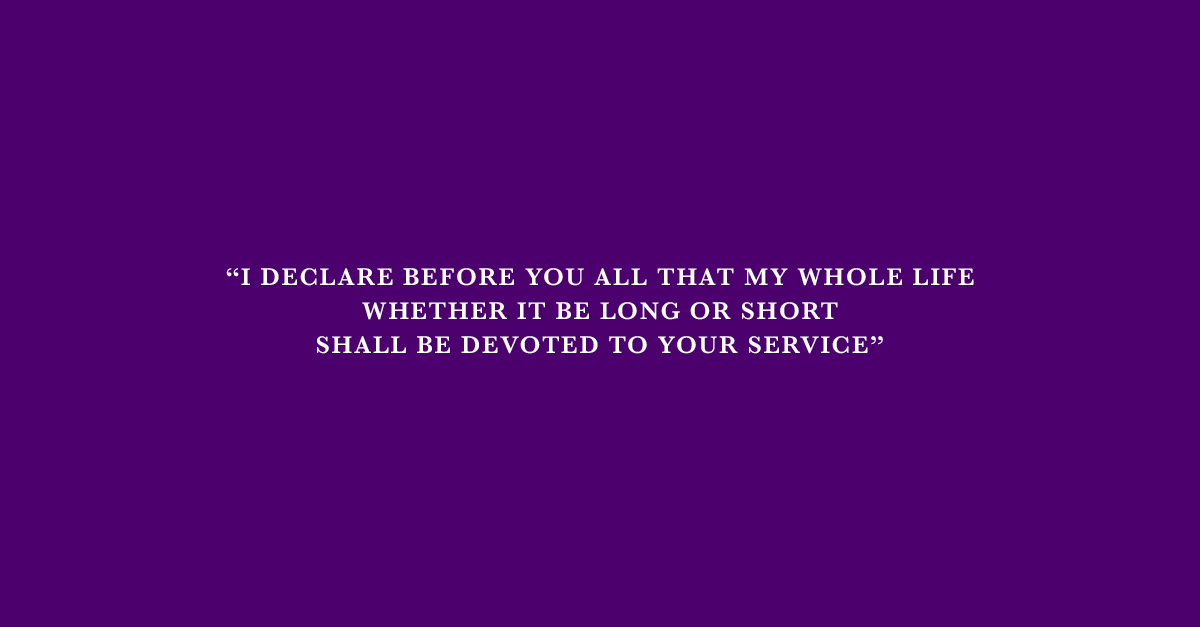Servant leadership

As the nation continues to pay its respects to Queen Elizabeth II, it is interesting to reflect on the style of leadership she offered and its impact. I think of it as ‘quiet’ leadership – an approach rarely seen in the world of politics for example – that had its roots in a vision of how this country should be. It’s striking how powerful this form of leadership can be and offers up lessons for others in positions of influence in organisations.
Authority rather than power
In effect, through her carefully chosen words and actions – her ‘being’ – the Queen created a higher purpose for the people that she led which was inspirational, influential and aspirational to many. There’s a term used for this: servant leadership – which is defined as “a leadership style and philosophy whereby an individual interacts with others – either in a management or fellow employee capacity – to achieve authority rather than power.”
The focus is on helping and supporting the people you’re responsible for as a leader rather than commanding them. Command and control approaches can easily create fear and resentment. The Queen didn’t lead by diktat; it was the way she behaved and what she said – “I declare before you all that my whole life whether it be long or short shall be devoted to your service” – that combined to create her authority.
To serve rather than control
Former Prime Minster Theresa May recalled her weekly meetings with the Queen as not like “meeting with a high and mighty monarch, but a conversation with a woman of experience and knowledge, and immense wisdom”. Constitutionally it wasn’t for the Queen to tell her prime ministers what to do, but no one could doubt her authority.
There are many leaders running organisations today who would benefit from adopting something more akin to a servant leadership approach and look to serve the people – their employees – they want to lead, rather than seek to command and control. For the most effective leaders, genuine, earned authority trumps artificially acquired power every time.